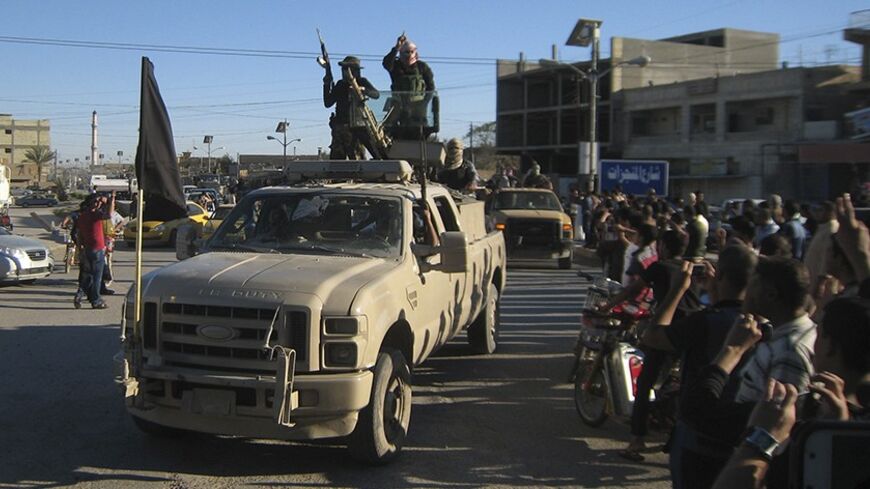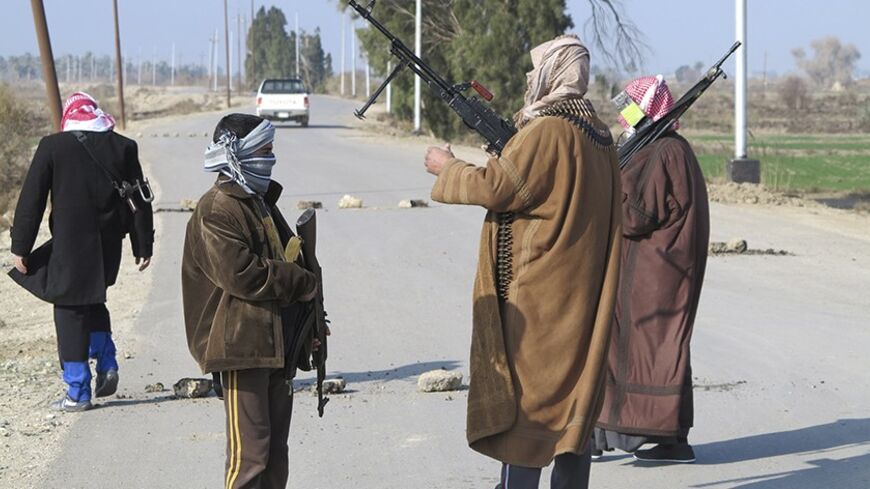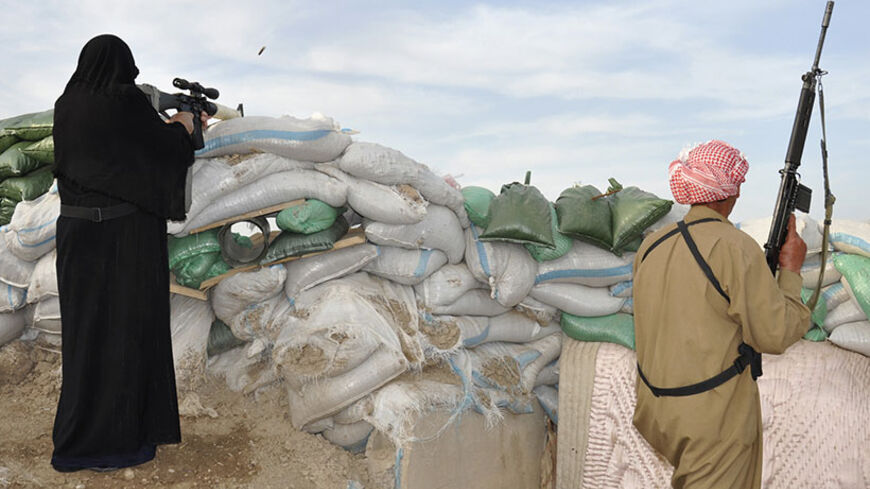
The false 'Awakening' model to deal with ISIS in Iraq
Subscribe for less than $9/month to access this story and all Al-Monitor reporting.
OR
Create an account for a 7-day trial to access this article and all of AL-Monitor.
By entering your email, you agree to receive ALM's daily newsletter and occasional marketing messages.











![- PHOTO TAKEN 12MAY1999 - Former Iraqi president Saddam Hussein (R) is decorated with a medal presented to him by his deputy Izzat Ibrahim in Baghdad in this May 12, 1999 file photo. Ibrahim, the most senior member of the former regime, has died, [Al Arabiya satellite television quoted a Baath party statement as saying on Friday.] He is number six on the U.S. military's list of the 55 most-wanted Iraqis, with a $10 million reward offered for his capture. - RTXNYC5](/sites/default/files/styles/article_header/public/almpics/2014/06/RTXNYC5.jpg/RTXNYC5.jpg?h=c2c5b897&itok=vM6t5_5T)

